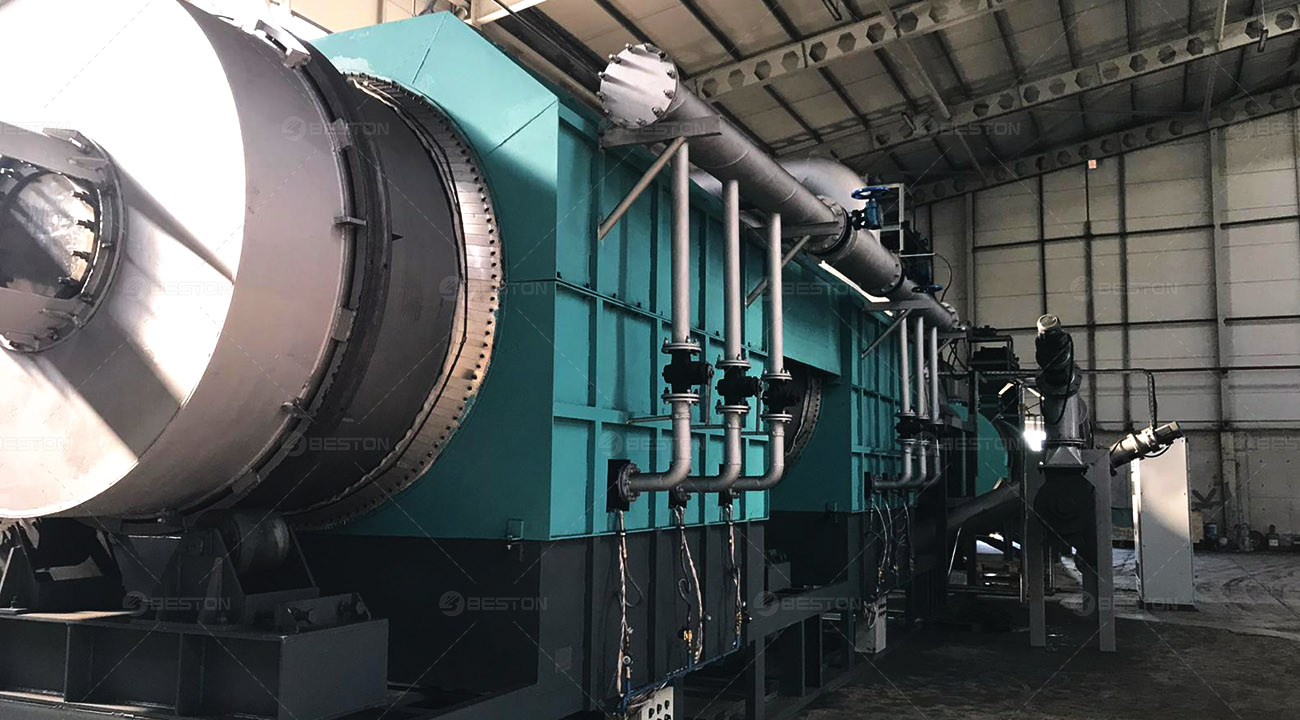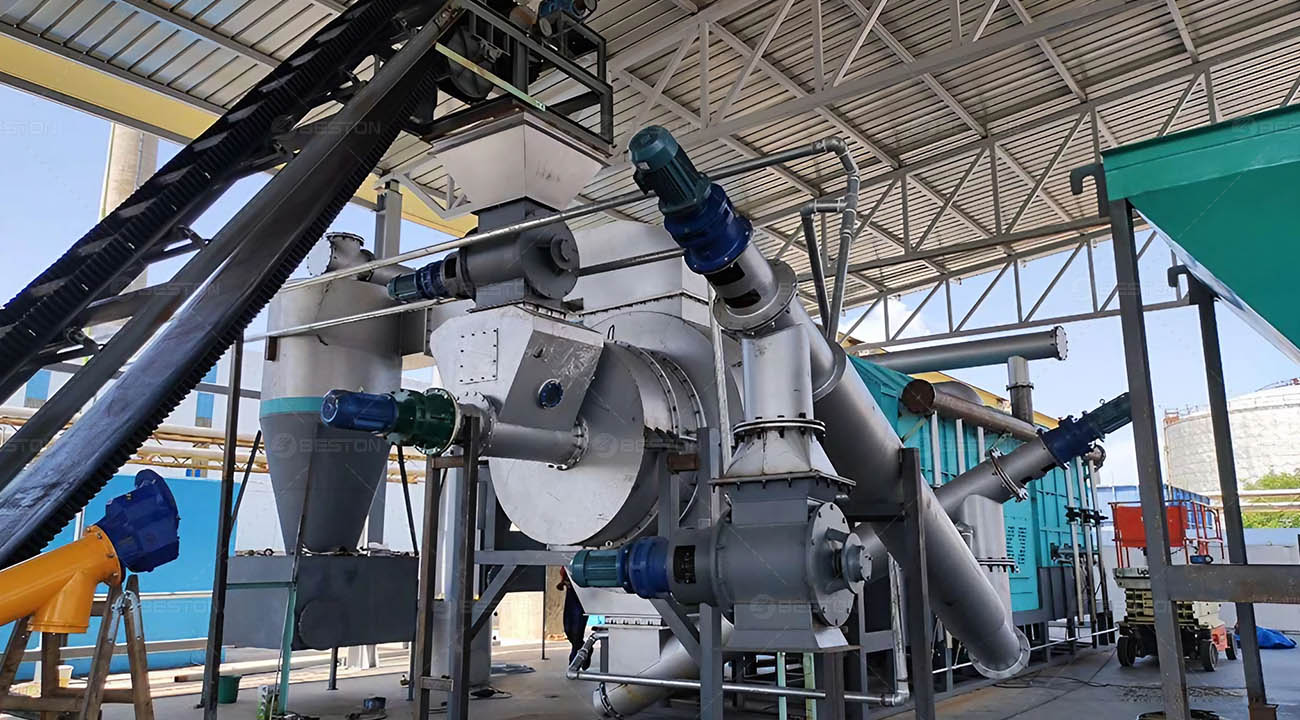Introduction to Agricultural Waste and Environmental Impact
Understanding the Scope of Agricultural Waste
Agricultural waste spans an array of materials, encompassing crop residues, husks, straw, and other organic remnants that result from farming activities. The scale of this waste is significant, largely dependent on the size and type of agricultural practices.
Environmental Implications of Unmanaged Agricultural Waste
Improper management or disposal of agricultural waste can lead to several environmental challenges. Open burning or haphazard waste handling contributes to air pollution, soil degradation, and water contamination, affecting both local ecosystems and global climate patterns. At present, biochar pyrolysis equipment has become a solution worth looking forward to.

Biochar Production: Mechanism and Technology
Definition and Process of Biochar Production
Biochar, a carbon-rich residue, is produced through the biomass pyrolysis process in a controlled, low-oxygen environment. This process involves heating the waste to high temperatures, driving off volatile compounds and leaving behind the stable carbon-rich biochar.
The Role of Pyrolysis in Creating Biochar
Pyrolysis, a thermochemical process, initiates the breakdown of organic matter. It involves heating the agricultural waste in an oxygen-limited environment, preventing complete combustion, and resulting in the formation of biochar along with other byproducts.
Environmental and Agricultural Benefits of Biochar from Agricultural Waste
Soil Enrichment and Nutrient Retention
Biochar acts as a soil amendment, enhancing its structure and fertility. Its porous nature allows for better water retention, improved nutrient availability, and increased microbial activity, thereby enhancing overall soil health and promoting better plant growth.
Greenhouse Gas Mitigation and Environmental Impact
One of the remarkable characteristics of biochar is its ability to sequester carbon for extended periods. By retaining carbon in a stable form, biochar aids in reducing greenhouse gas emissions, mitigating climate change impact, and improving soil quality.
Implementation of Biochar Production for Agricultural Waste Recycling
Methods and Processes Involved
The process involves the collection, preparation, and pyrolysis of agricultural waste. In the biochar production equipment, the biochar requires appropriate processing and application techniques to maximize its benefits in agricultural settings.
Challenges and Considerations in Biochar Production
Challenges include the optimization of production methods, cost-effectiveness, and technological suitability for different scales. Integrating biochar into agricultural practices requires understanding and proper guidance for effective and sustainable use.
Biochar Applications in Agriculture and Beyond
Use in Crop Production and Soil Improvement
The use of biochar in agriculture has shown promising results in enhancing crop productivity, improving soil fertility, reducing nutrient leaching, and preventing soil erosion. Its application aids in sustainable agriculture and long-term soil health management.
Innovative Applications and Future Prospects
Beyond agriculture, biochar’s versatility extends to other industries. It shows potential in water treatment, construction materials, and as a component in carbon sequestration methods, portraying its significance in various innovative applications and future possibilities.
Conclusion: Sustaining Agriculture through Biochar from Waste
Summarizing the Benefits and Future Potential
Biochar derived from agricultural waste stands as an environmentally sustainable solution with extensive benefits. Its potential stretches beyond agriculture, contributing significantly to ecological practices and resource management across diverse industries. Beston Group provides customized solutions for biochar production for various industries. Welcome to consult.
Final Insights on the Sustainable Impact of Biochar from Agricultural Waste
In conclusion, the utilization of biochar from agricultural waste signifies a sustainable practice not only in waste management but also in enhancing agricultural productivity, ecological sustainability, and multifaceted industrial applications. Its potential for a circular economy and environmental preservation is substantial.